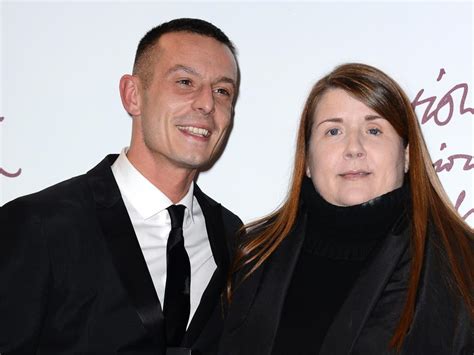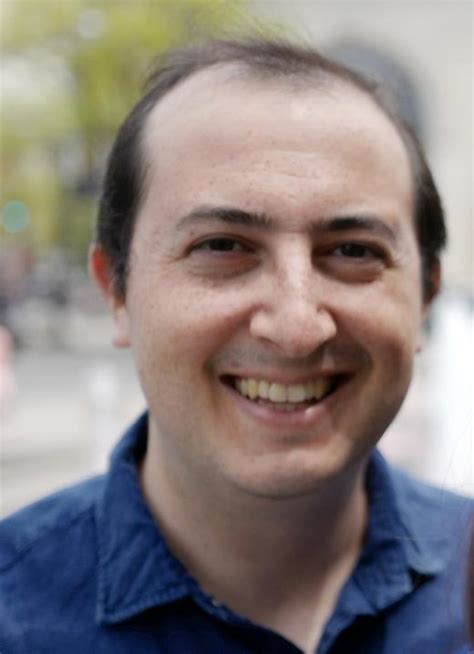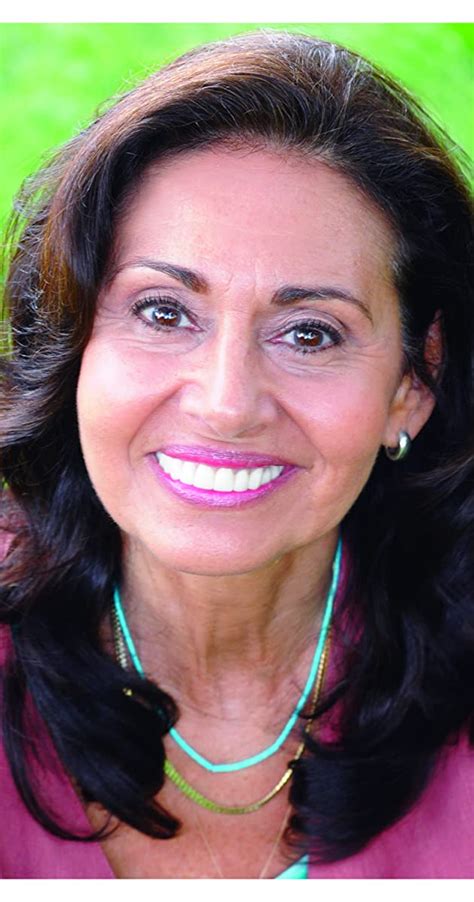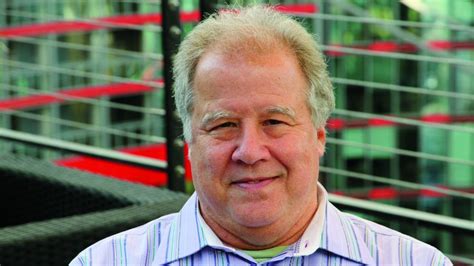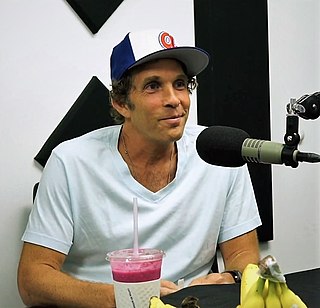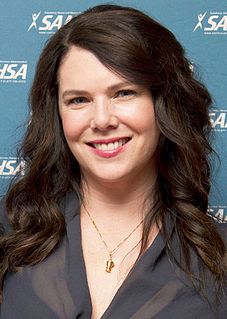Цитата Тода Голдберга
Особенно со студентами МИД, которые так много вложили — в прямом и переносном смысле — я чувствую, что честная критика — это то, чем они обязаны. В реальном мире точно не будет легче.
Связанные цитаты
В молодости очень полезно научиться различать «буквально» и «фигурально». Если что-то происходит буквально, это происходит на самом деле; если что-то происходит образно, это чувствуется, как будто это происходит. Например, если вы буквально прыгаете от радости, это означает, что вы прыгаете в воздухе, потому что вы очень счастливы. Если вы образно прыгаете от радости, значит, вы настолько счастливы, что могли бы прыгать от радости, но бережете свою энергию для других дел.
Учащимся может показаться, что критика является резкой, но я думаю, что, возможно, они никогда раньше не подвергались критике. Моя работа — указывать, когда что-то сделано плохо или когда нет точки зрения. Чтобы создать бренд, у вас должно быть что-то о вас. Если не личность, то какой-то мыслительный процесс. Мне 40, а они молоды, так что они должны информировать меня. Они должны принести мне книгу или что-то такое, чего я не видел, не какую-то малоизвестную книгу с песнопениями доминиканских монахов, а образ того, как они видят мир.
Студенты, изучающие бизнес, очень ориентированы на то, чтобы играть роль в реальном мире и чего-то добиваться, а не тренироваться, чтобы стать учеными и внести свой вклад в литературу. Преподавание в такой среде сосредоточило меня гораздо больше на реальном мире, на том, как части теории, которые я знаю, могут быть применены к реальным ситуациям.
Видите ли, художник, творческий человек может принять критику или жить с критикой гораздо легче, чем с игнорированием. Критика заставляет вас чувствовать себя живым. Если кто-то достаточно обеспокоен, чтобы говорить об этом с бранью, вы чувствуете, что задели за живое, и вы, по крайней мере, «на связи». Вы недовольны тем, что ему это не нравится, но вы чувствуете, что соприкасаетесь с жизнью.
Опыт, который у меня был за все эти 40 лет работы на Бродвее и на телевидении, я делюсь им со студентами и позволяю им как бы истощать меня, но все они чувствуют в конце урока, что они так много извлекли из этого. . Ученики растут в моем классе, потому что чувствуют себя в безопасности. Они не чувствуют, что на них будут кричать.
Я занялся телевизионной критикой, потому что думал, что это будет легче, чем кинокритика. В кино нужно было знать 100 лет истории, а в телевидении нужно было знать только 40, когда я начинал. И я подумал: «Ну, так будет намного проще». Но фильм остался почти таким же. А телевидение столько раз менялось, что голова болит. Так что я сделал неправильный звонок там.
Я чувствую, что вложил так много в физическую сторону своей жизни: бег марафонов - я привел в свой дом морского котика - у меня есть тренер. Но я очень мало вложил во внутреннюю работу, и в мире отвлекающих факторов мне хотелось иметь полную картину, мне действительно нужно было провести немного времени в одиночестве и поработать над присутствием.
На самом деле я не очень высокого мнения о мире критики или о практике критики. Я думаю, что восхищаюсь художественной критикой, критикой живописи и скульптуры, гораздо больше, чем, скажем, фильмами и книгами, литературной или кинокритикой. Но практика мне не очень нравится. Я думаю, что там очень много плохих людей.
Я просто чувствую, что есть что сказать о том, чтобы чувствовать себя комфортно с тем, что у тебя есть и чего нет. И, например, я не думаю, что я особенно великий певец, но мне кажется, что я пишу песни, которые дополняют мой голос, знаете ли, и я чувствую, что он уникален. И я не чувствую себя особенно великим актером, например, но мне кажется, что я подхожу ко всему, что делаю, с определенной степенью чувствительности. А я бы сказал, что комедия вообще самая обезоруживающая.
Я чувствую настоящую причастность к этому шоу. Я чувствую себя очень заинтересованным в этом. Я очень забочусь об этом. Я больше не чувствую себя наемным работником, понимаете? Это странное чувство - я чувствую личную ответственность за то, как развивается история. Что происходит. Какие слабости. Таким образом, некоторые изменения дали мне возможность заявить о себе по-другому.


